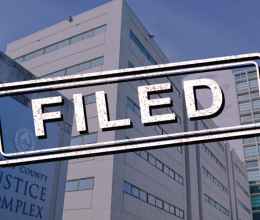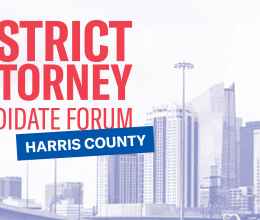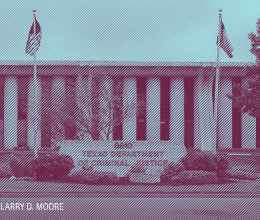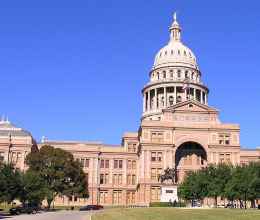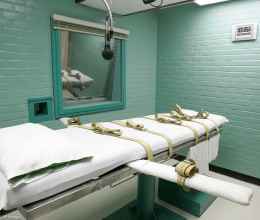
At the age of 19, I lost my right to vote due to a low level, non-violent felony drug conviction. I was sentenced to 22 years in prison, 17 of which was spent on parole, based on a prosecutor’s 45-year sentence recommendation for not accepting a plea bargain and exercising my right to due process.
When I finally completed my lengthy parole in March of 2015, I became eligible to vote again in the state of Texas, and I voted for the very first time in my life that following November at the age of 42. I was overwhelmed with excitement to cast my vote on that day.
Texas judges, prosecutors, and juries, like many of the southern states, are infamous for handing down egregious sentences for non-violent crimes like the one I served. In Texas, what is even more egregious is the expectation for people with felony convictions to often serve more than a decade on parole without the right to vote. My own exaggerated sentence cost me the right to vote in six gubernatorial and general national election cycles.
Recently, I testified in favor of House Bill 1419, a piece of legislation that would restore the ability to vote to people with felony convictions who have completed their term of incarceration. I testified because I know what it means to be invisible and locked out of the electoral process of our participatory democracy.
Some will die on parole without ever having cast a ballot. I have known men who have contributed to society for many years after their release, only to pass away never having their right to vote restored.
When people like me – and there are hundreds of thousands in Texas alone – are done with their terms of incarceration and become members of the community again, they contribute to society – pay the same taxes that fund schools, the police, and infrastructure projects – just like any other citizen of this country.
I believe our current laws that restrict voting are reminiscent of what is supposed to be a bygone era, when only white male land owners had the right to vote. We’re regressing in our evolution as a nation when we harshly punish those that have served their sentences and have the desire to participate in our democracy. It is no coincidence that these same people disproportionately come from black and brown communities.
Some will die on parole without ever having cast a ballot. I have known men who have lived and contributed to society for many years after their release, only to pass away never having their right to vote restored. Not being able to vote is to be voiceless, ignored and, in a democratic society, politically dead. Every prison sentence isn’t supposed to be death sentence.
Denying the vote isn’t about justice, and it isn’t about public safety and reparation of harm done to a community for crime committed. It’s about adversely impacting the lives of people for a generation by deciding who gets to have a voice in our democracy. And justice isn’t revenge and a lifetime of recrimination and retribution. Justice just doesn’t fall from the sky and heavens. It is a decision that people of good make happen through their democratic voices and actions.
That’s why it’s so important to support House Bill 1419. It has been pending in the House Elections Committee since March 25.
Make your voice heard by calling, emailing, or Tweeting at the members of the House Elections Committee to let them know you support House Bill 1419 and voting rights for those that have completed their sentences and are re-entering the community.
